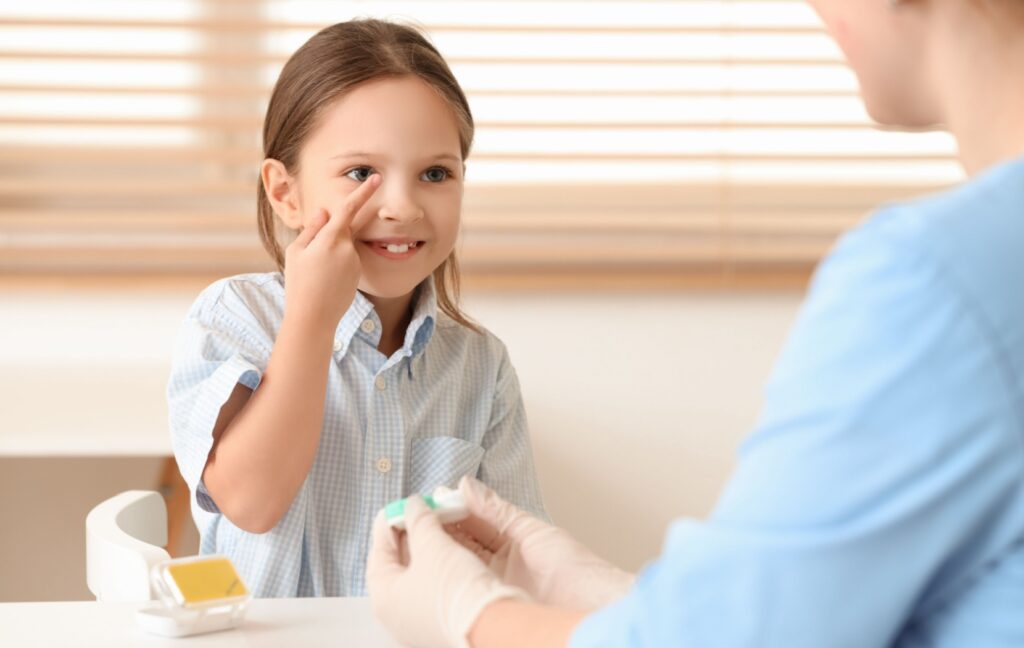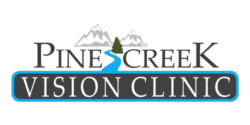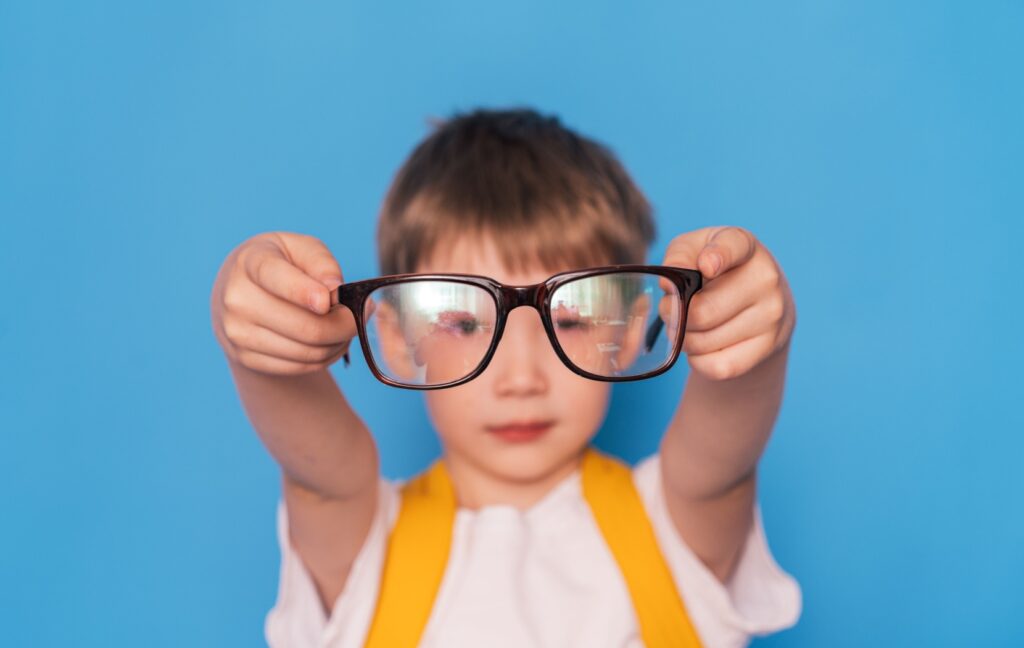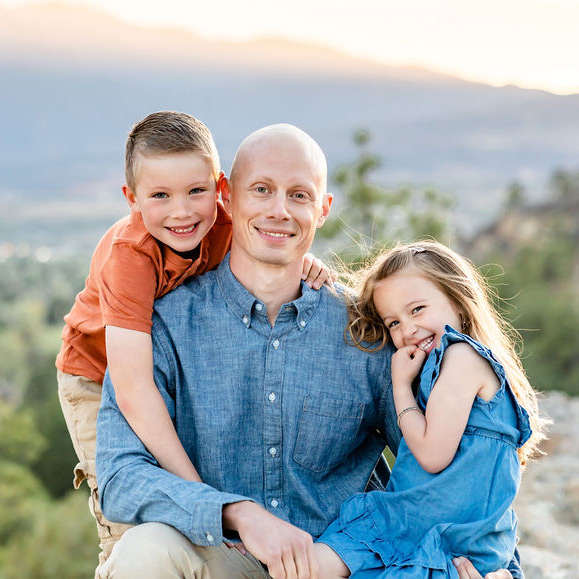Myopia, commonly known as nearsightedness, affects millions of people worldwide. If you or your child has been diagnosed with myopia, you’re likely wondering about treatment options and whether this condition can be reversed.
The good news is that myopia is highly treatable through various methods, from traditional corrective eyeglasses to innovative myopia control strategies. While reversal of myopia isn’t possible, effective management can significantly improve the quality of life and slow progression in children.
What Causes Myopia?
Myopia occurs when your eyeball is too long or the cornea is too curved, causing light to focus in front of the retina instead of directly on it. The shape results in distant objects appearing blurry while close-up objects remain clear. The condition typically develops in early childhood and often progresses until around age 20.
Both genetic and environmental factors contribute to the development of myopia. Children with nearsighted parents face a higher risk of developing the condition themselves. Environmental factors also play a significant role; children who spend excessive time on close-up activities, such as reading or screen time, combined with limited outdoor exposure, are at an increased risk of myopia.
While mild myopia may cause only slight distance vision blur, severe myopia can significantly impact daily activities and increase the risk of serious eye complications later in life. It is essential to manage the condition as much as possible to ensure a lifetime of clear and comfortable vision.
Can Myopia Be Reversed?
Once myopia progresses, it cannot be reversed; the structural changes in the eye’s axial length are permanent. While some methods claim to reverse nearsightedness, the approaches have never demonstrated effectiveness in controlled clinical studies or shown measurable reduction in eye lengthening.
This reality underscores the importance of prevention and early intervention. While we cannot undo existing myopia, we can take significant steps to slow its progression and prevent it from worsening, particularly in children.
Reducing Myopia Risk: Prevention Strategies
Although eliminating myopia risk isn’t possible, several evidence-based strategies can significantly reduce the likelihood of development or progression.
Outdoor Time
Encouraging outdoor activities has shown remarkable benefits in slowing the progression of myopia. Natural light exposure and focusing on distant objects during outdoor play help maintain healthy eye development.
Proper Lighting
Ensuring adequate lighting during close-up work can reduce eye strain and potentially slow myopia progression. Proper illumination makes visual tasks more comfortable and less demanding on developing eyes.
Balanced Nutrition
A diet rich in nutrients essential for eye health, including vitamin A and omega-3 fatty acids, supports overall visual development. While nutrition alone cannot prevent myopia, it plays a crucial role in maintaining optimal eye health.
Regular Eye Exams
Scheduling comprehensive children’s eye exams provides the opportunity for early detection and intervention. When myopia is identified early, eye care professionals can implement management strategies before significant progression occurs.
Preventive measures are most effective when combined as part of a comprehensive approach to eye health. Small changes to daily habits can make a substantial difference in protecting your child’s vision.
Treatment Options for Myopia Correction

When it comes to managing and correcting myopia, a variety of effective treatment options are available to suit your child’s unique needs:
- MiSight contact lenses: Specifically designed for children, these daily disposable contact lenses not only provide clear vision but have also been clinically proven to slow the progression of myopia in children.
- Atropine eye drops: Low-dose atropine drops are another evidence-based treatment to slow myopia progression. These drops are typically used in the evening and have been shown to be effective while minimizing side effects, offering a reliable option for long-term myopia management.
- Orthokeratology (ortho-k) lenses: Ortho-k involves the use of specially designed rigid contact lenses worn overnight to gently reshape the cornea. The lens temporarily corrects myopia, enabling clear daytime vision without the need for glasses or contact lenses.
Each of these treatment methods provides unique benefits, and your eye care professional can help determine the best option based on your child’s specific needs and lifestyle. A proactive and personalized approach to myopia management is key to preserving your child’s long-term vision health.
The Importance of Professional Care
Managing myopia requires expertise and ongoing professional care. At Pine Creek Vision Clinic, our team understands the complexities of myopia management and works closely with families to develop personalized treatment plans.
Professional care ensures accurate diagnosis, appropriate treatment selection, and ongoing monitoring to maximize treatment effectiveness. Regular follow-ups enable adjustments as children grow and their needs evolve.
Taking Action for Clearer Vision
While myopia cannot be reversed, numerous effective management options exist to help you and your family maintain clear vision and healthy eyes. The key lies in early detection, selecting appropriate treatment, and receiving consistent professional care. For comprehensive myopia management solutions, such as atropine therapy or specialized contact lenses, visit Pine Creek Vision Clinic. Our dedicated team is here to provide personalized care that protects and preserves your family’s vision. Schedule your appointment today and take the first step toward healthier eyesight for years to come.



